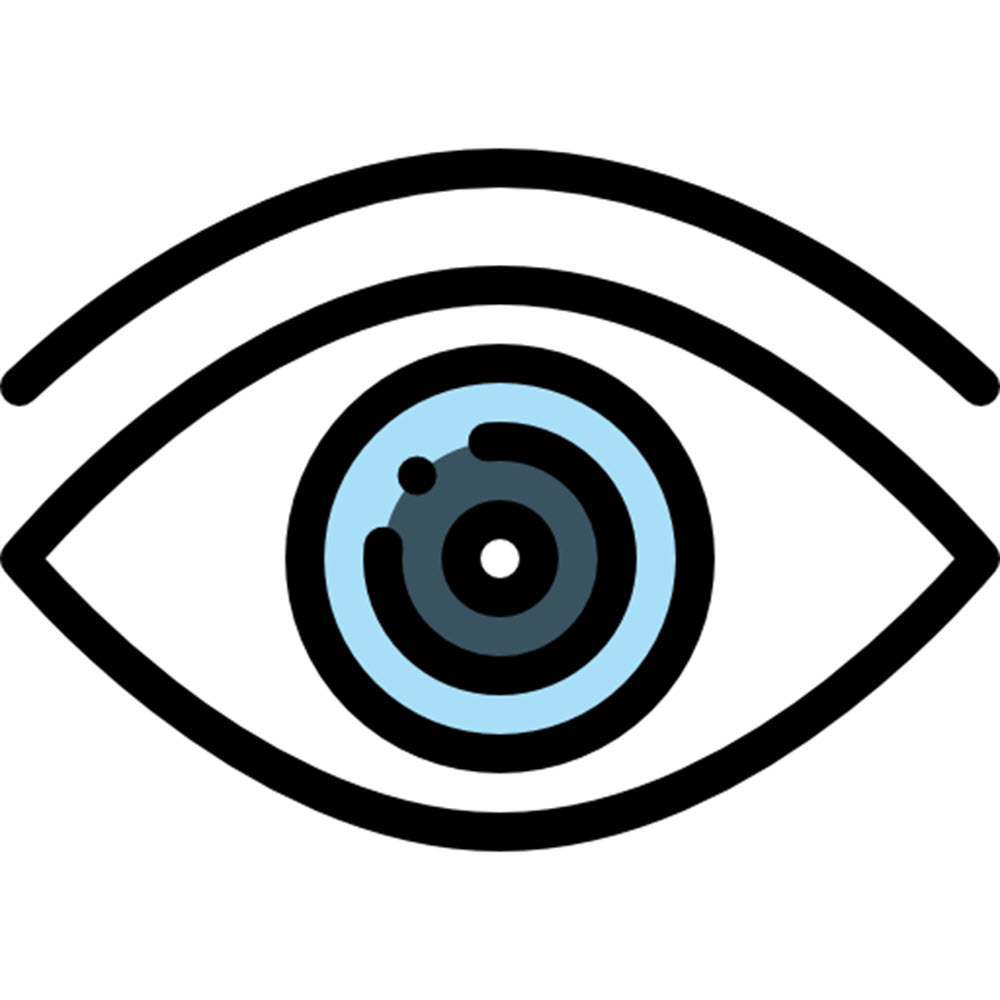General Health Tips & News
Dry Eyes: Things You Need to Know
By S.I. (staff writer) , published on January 14, 2022

Medicine Telehealth Health eyes vision
What are Dry Eyes?
The inability of the eye to produce enough tears to properly lubricate the eyes results in dry eye disease. You do not feel comfortable seeing with dry eyes. You feel a burning and itching sensation in the eyes if they are dried [1]. Naturally, the lacrimal gland is responsible for producing tears in the eyes, and its malfunctioning causes dry eyes. Also, certain associated systemic disorders like diabetes, rheumatoid arthritis, thyroid, and vitamin A deficiency causes dry eyes. Treatment options like lifestyle changes and eye drops can ease the pain and make you feel comfortable.
Following are two possible causes of dry eyes:
- Production of low-quality tears
- Tears producion is not enough to lubricate eyes
What are the Symptoms of Dry Eyes?
The symptoms of dry eyes may vary in intensity from person to person. The most notable symptoms of dry eyes are following [2]:
- Eyes Burning
- Redness
- Itching
- Irritation
- Narrow mucus
- Trouble in wearing contact lenses
- Eyes get tired earlier than usual
- Feeling heavy eyes
- Sensitivity to bright light
- Difficulty in night driving
- Clouded vision
What are the Causes of Dry Eyes?
Dry eyes can be caused by the following [3]:
- One of the main reasons for dry eyes is a disturbance in the healthy tear film.
- Hormone Replacement Therapy (HRT)
- Environmental Antigens
- Eyelid Problems
- Greater Screen Time
- Not Blinking Enough
- Allergies
- LASIK Eye surgery
What are the Treatment Options for Dry Eyes?
The treatment for dry eyes depends upon the cause and severity of dryness. For mild dry eyes, artificial tear drops are sufficient for the treatment. If the eyes are dry due to any other reason, the correction of the problem is required to treat dry eyes. For example, if the eyelids are outward and erect, the doctor may recommend surgery for eyelids. Following are the treatment options for dry eyes [4]:
1.Medical treatment:
The following medicines are prescribed by the doctors depending upon the severity of the condition:
·Tear Stimulating Drops
When your eye is unable to produce enough tears itself, certain drugs such as Pilocarpine and Cevimeline come to the rescue. These drugs enable the eyes to increase tear production.
- Eye Drops From Your Blood
Autologous blood serum is the treatment for intense dry eyes. Your blood is processed to remove red blood cells and it is mixed with a salt solution to make these eye drops.
·Eyelid Anti-inflammatory Drugs
Occasionally, inflammation and swelling of the eyelid can inhibit the oil glands from adding oil to the tears. Anti-inflammatory drugs are used to reduce eyelid inflammation and restore the function of eye glands.
·Cornea Anti-Inflammatory Drugs
Cyclosporine or corticosteroids are prescribed to reduce the inflammation of the Cornea. However, corticosteroids are generally not recommended because of the potential side effects.
2.Surgical Treatment:
The following surgical treatment options can help dry eyes:
- Punctal plugs
- Intense pulsed light therapy
- Laser surgery
- Thermal cautery
- Minor gland salivary autotransplant
References:
- https://www.ncbi.nlm.nih.gov/pmc/articles/PMC4335585/
- https://www.ncbi.nlm.nih.gov/books/NBK470411/
- https://www.ncbi.nlm.nih.gov/pmc/articles/PMC3306104/#:~:text=Dry%20eye%20is%20a%20disorder,of%20symptoms%20reflecting%20ocular%20discomfort.
- https://www.ncbi.nlm.nih.gov/books/NBK470411/#:~:text=The%20next%20step%20of%20treatment,anti%2Dinflammatory%20medications%20(corticosteroids%2C
Find articles related to: Medicine Telehealth Health eyes vision
More articles about General Health Tips & News
Back to the Health Tips Index




